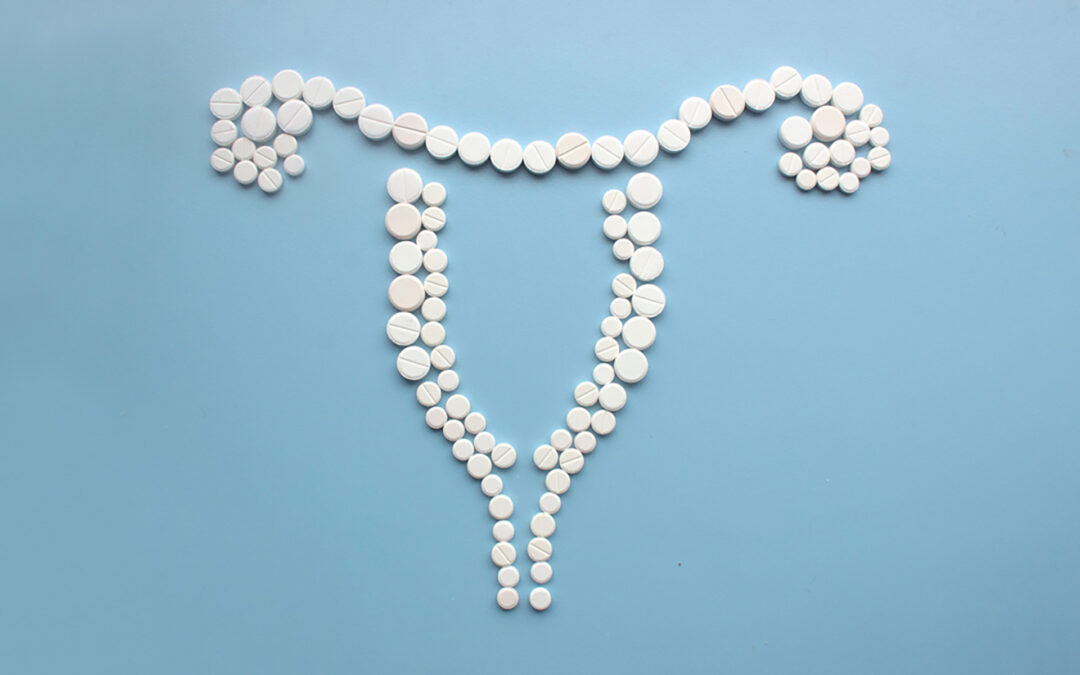Uterine fibroids are one of the most common benign pathologies of the female reproductive system. Preventing them is possible. Let’s see how.
Every day, thousands of women suffer from uterine fibroids, but the due prevention measures can help us live a life free from them. Also known as leiomyomas or myomas, uterine fibroids are the most common, noncancerous tumours of the female reproductive system. They are formed by muscular and fibrous tissue and are particularly common among women aged between 40 and the early 50s, and among overweight women. By the age of 45, about 70% of women has developed a fibroid.
Fibroids can be microscopic or even grow as large as a basketball. They can grow on the wall of the uterus, beneath the inner layer of the uterus or under the external surface of the uterus. The ones that grow in the pelvic diaphragm or just under the endometrium can actually change the uterus’ shape on the inside. It is thought that high levels of female hormones (estrogens and, possibly, progesterone) stimulate the growth of fibroids, which can either give no symptoms or cause pain.
The first thing to do is to follow a healthy diet: eat food that reduces the production of estrogen and keep your weight in check
Keeping a healthy weight and following a diet rich in lean vegetable proteins can play a significant role in preventing fibroids. Food that is rich in fat increases the production of estrogens and inflammatory fibroid polyps.
The intake of proteins while eliminating fats and replacing red meat with pulses can by an effective strategy. Aside from the acknowledged health benefits, several studies have shown that high intake of red meat actually doubles the probability of developing fibroids.
Scientific research had found that a greater intake of vegetables is linked to a drop in cases of uterine fibroids. Consuming green vegetables can help you keep a balanced weight and body fat, thus reducing the production of estrogens, hence lowering the chance of developing fibroids.
Food rich in flavonoids are often considered to be anti-estrogenic, which means they too can reduce the chance of developing fibroids. Fresh products, such as dark chocolate and red wine can help your body block the enzyme that is responsible for the production of estrogens.
Step two: practise physical exercise, regularly
Prepare your weekly workout schedule, which must include abdominal exercises, to keep abdominal fat in check.
Vitamin D: a precious ally
Scientists have found that the regular consumption of food and supplements rich in vitamin D can help slow down or actually halt the production of fibroid cells. Milk, cheese, fish and other food rich in vitamin D can boost your health.

Recent Comments